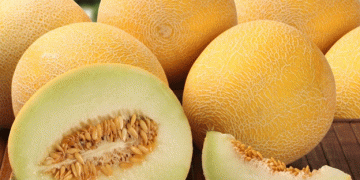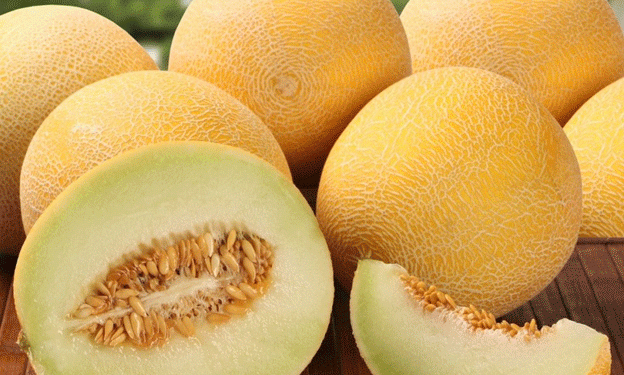Pesticide Residues Detected in Spanish Melons
French authorities raised concerns on July 23 about Flonicamid residues in Spanish melons, which prompted further scrutiny across Europe. Shortly thereafter, Germany issued a similar warning after detecting the pesticide in imported Spanish Cantaloupe melons. According to data from Hortoinfo.es, the European Commission’s Rapid Alert System for Food and Feed (RASFF) classified the findings as concerning due to the detected levels of the pesticide.
Details of the Findings
- Flonicamid Residues: German market inspections found Flonicamid concentrations of 0.85 mg/kg in Cantaloupe melons, exceeding the maximum residue limit (MRL) of 0.4 mg/kg set by European regulations. This significant overage prompted immediate alerts to inform stakeholders and protect consumers.
- Supply Chain Impact: Although German authorities believe the contaminated melons are no longer available in supermarkets, the warning serves to alert those involved in the supply chain, including farmers, importers, and retailers, about the potential risks and the need for stringent quality control measures.
- Consumer Safety: The presence of Flonicamid, an insecticide, at levels above the MRL poses potential health risks, necessitating these alerts. Continuous monitoring and rigorous enforcement of safety standards are critical to ensure consumer safety and maintain trust in imported produce.
Broader Implications for Agriculture
The detection of excessive pesticide residues in Spanish melons has broader implications for agricultural practices and food safety regulations:
- Stricter Quality Control: This incident underscores the need for more stringent pesticide management and adherence to safety standards among growers. It also highlights the importance of comprehensive testing and monitoring protocols at all stages of production and distribution.
- Impact on Export Markets: Such warnings can affect the reputation of Spanish produce in international markets. Maintaining high safety standards is crucial for sustaining export relationships and consumer confidence.
- Regulatory Oversight: The role of regulatory bodies in enforcing compliance and conducting regular inspections is vital. The RASFF system’s timely alerts demonstrate the effectiveness of coordinated efforts across Europe to address food safety issues.
The recent warnings about pesticide residues in Spanish melons emphasize the importance of rigorous quality control and regulatory oversight in agriculture. For farmers and other stakeholders, adhering to safety standards and monitoring pesticide use is essential to prevent such incidents and ensure the safety and quality of agricultural produce.































